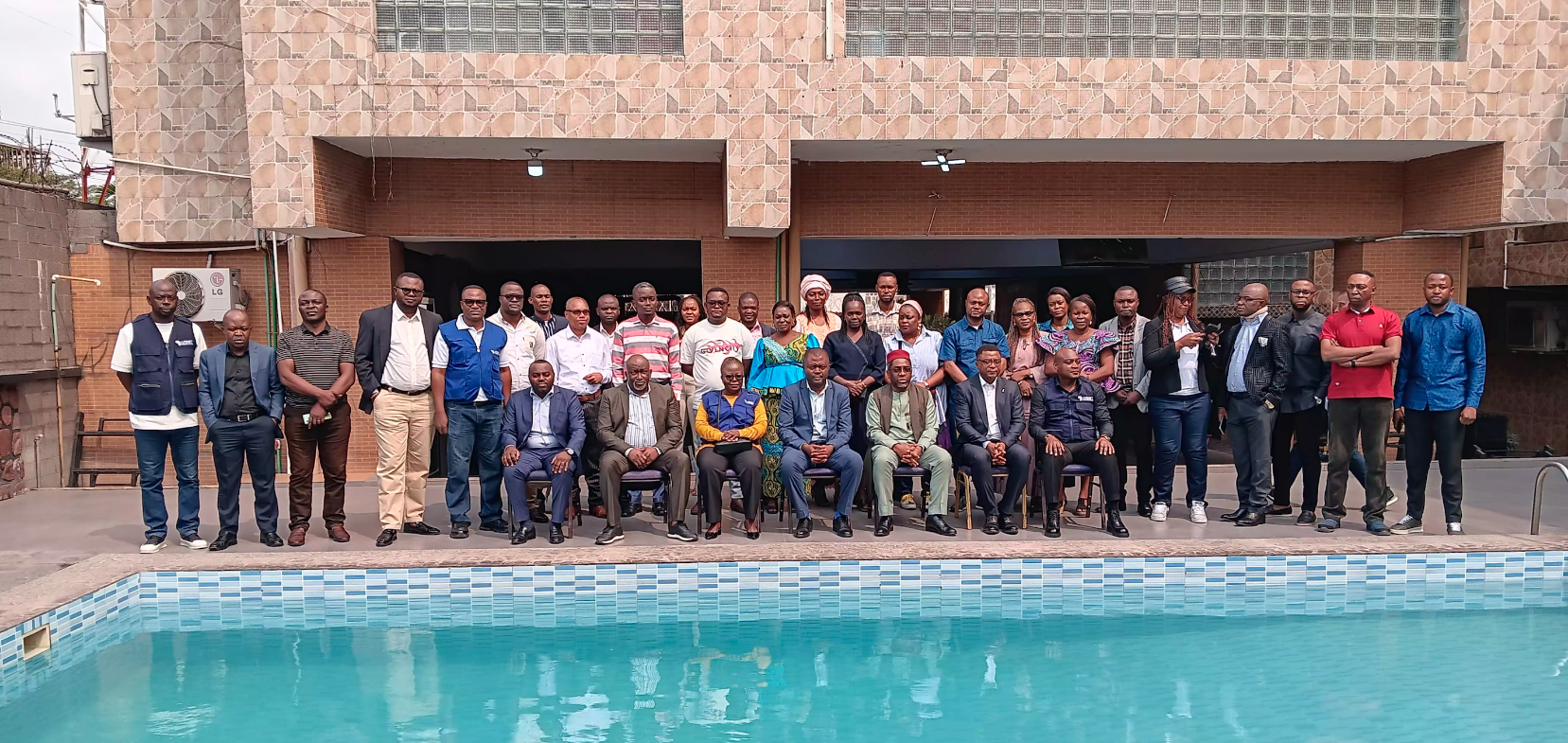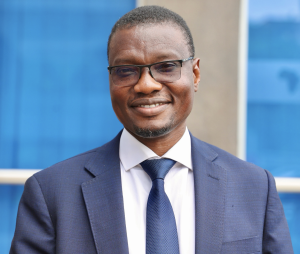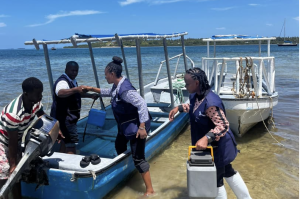AFENET partners with DRC institutions for scientific manuscript writing workshop
-
by
AFENET
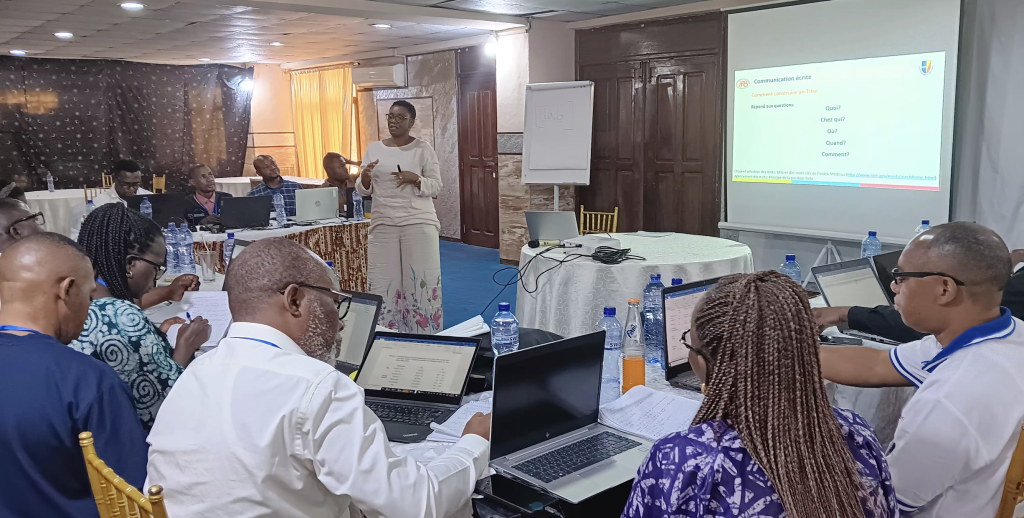
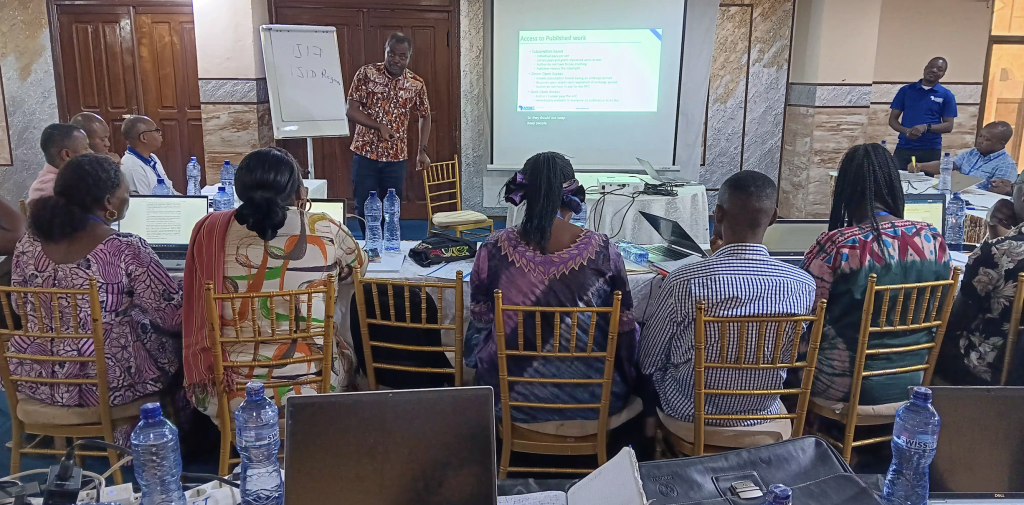
The National Public Health Institute (INSP), Kinshasa School of Public Health, National Institute of Biomedical Research (INRB), in collaboration with AFENET DRC, organized a Scientific Manuscript Writing Workshop at Meriba Hotel, Kinshasa, from 25 -29 August 2025.
The workshop was organized as part of efforts to equip young researchers with the requisite skills to share their research findings with the global scientific community. It was a hands-on, intensive training during which each participant was assigned a mentor to hold their hand through the publication journey.
Selection of participants took a One Health approach. The participants included six medical doctors, three veterinary doctors, nine medical biologists, one Public Health graduate, one laboratory technologist and one FETP mentor. Three came from the Ministry of Fisheries and Livestock, four from the INSP and fourteen from the Ministry of Public Health, Hygiene and Social Security.
The facilitators consisted of professors from the Faculty of Medicine of the University of Kinshasa, Kinshasa School of Public Health, INRB, INSP and the AFENET Scientific Writing team.
Dr. Gauthier Mubenga, Resident Advisor of Frontline FETP, posited that “writing of scientific manuscripts constitutes the weak link for many field experts from French-speaking African countries in general and those from the DRC in particular.”
He commended the partners and the participating agencies for this first-ever such workshop in the country in recent times. He expressed concern that the various achievements in public health response in the country were not shared with the scientific world. “This training came at the right time so that they can quickly communicate their achievements, which still remain in the desk drawer.”
Various sections relating to the writing of the scientific manuscript were delivered satisfactorily, accompanied by simulation exercises and participants’ presentations.
As lessons learned, scientific writing requires discipline, patience, availability of material, and time to communicate with the scientific world about the evidence of the achievements of experts in the field.

